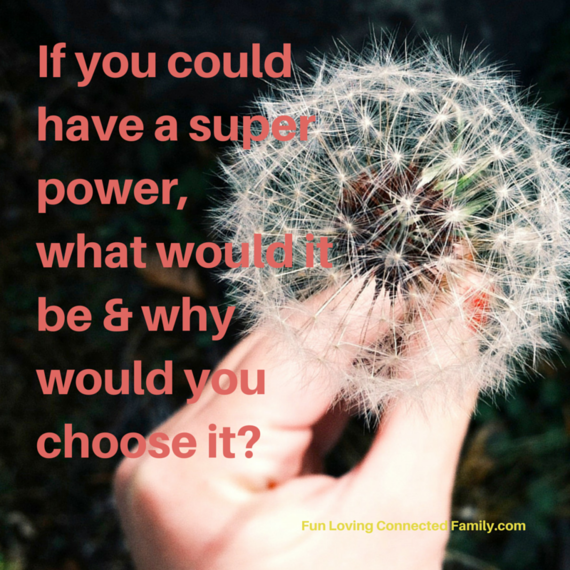"It has been thought, until now, that people with a weight problem need to recognize the fact in order to do something about it."-- Eric Robinson of the Institute of Psychology at Liverpool University
Robinson's recent report identifies that feelings of stigmatization may be causing overweight people to stress-eat, leading to their weight rising further.
This got me thinking about just how complex the challenge of instilling positive body image for our children is -- especially as they step into the profound changes that adolescence brings. Changes that are taking place on every front: physical, emotional, hormonal and neurological.
And on the other end of the spectrum, The Schools Health Education Unit (SHEU) identifies that self-esteem continues to fall as teenage girls are skipping meals as weight anxiety soars. A staggering two-thirds of girls in their mid-teens want to be thinner.
If reading that just gave you a knot in your stomach, know that you're not alone. These are complex issues that are most likely even more loaded with our own relationship with our bodies. It's a loaded topic -- whatever our age and stage in life. No pressure parents, but how we speak about our bodies has a massive influence on how our sons and daughters feel about themselves.
That's also good news, because we have the ability -- and the responsibility -- to be a positive influence on how our children feel about themselves as they cross the threshold from childhood into adolescence.
I'm not a health expert and in no way would I ever want to give any kind of medical or nutritional advice -- and I want to be very clear that I'm not doing that here.
But as a mother, I want to share with you a Trojan Horse strategy for reinforcing a healthy relationship with food that can do a world of good for our entire family: conversation starters.
One of the simplest things we can do at any age to avoid overeating is to slow down so that there's time for our brains and stomachs to signal that we're full. Wolfing down our dinners in a pit stop mindset or mindlessly munching our way through our favorite show are doing us a disservice on so many levels.
Mealtimes are an opportunity for communion and connection -- and yes, I know we're busy and our lives are complex -- but we can all find time to at least have some family meals together where we're fully present with each other.
So rather than critiquing how quickly we're eating, how imperfect our table manners might be, simply shifting the focus and encouraging conversations that connect, inspire and inform may well be the most effective and loving way of mapping out a healthy relationship with food for our families.
When our children are newborns, we know absolutely every minute detail about them and as they get older, it feels like it's a continuum of letting go. By the time they're on the threshold of adolescence, our weekdays are often a blur of homework, ferrying them to and fro from friends and activities and the family dinner as a means for connection takes a hit.
For myself, when I'm tired and busy during the week it's challenging to get out of the rut of, "so, how was school today?" It's a non-starter that gets an understandably limited response.
That's why I've created Bigger Conversations, a free guide for families to interact with our tweens and teens and to show them that no topic is off limits -- key to staying connected and making it much more likely that they'll open up to us about body-image and self-esteem issues they may be experiencing whatever end of the spectrum they're on.
Our kids are facing major challenges on so many fronts: from academic expectations to peer pressure and puberty, they need to know that there's no area that's off limits as they navigate the sea change from childhood to adolescence.
As parents, we've got a real opportunity to move our relationship with our kids into new territory by being fully present when we listen to our children's experiences of triumphs and travails. And when we share our own stories of adolescent angst, we bridge the emotional and social experience gap between us and our children.
The Bigger Conversation Guide covers topics on:
- Bullying & Cyberbullying
I'd love to know what works for your family and if there are any conversation topics you'd like to have covered that you don't find here. You can download your free guide here.
Sources:
